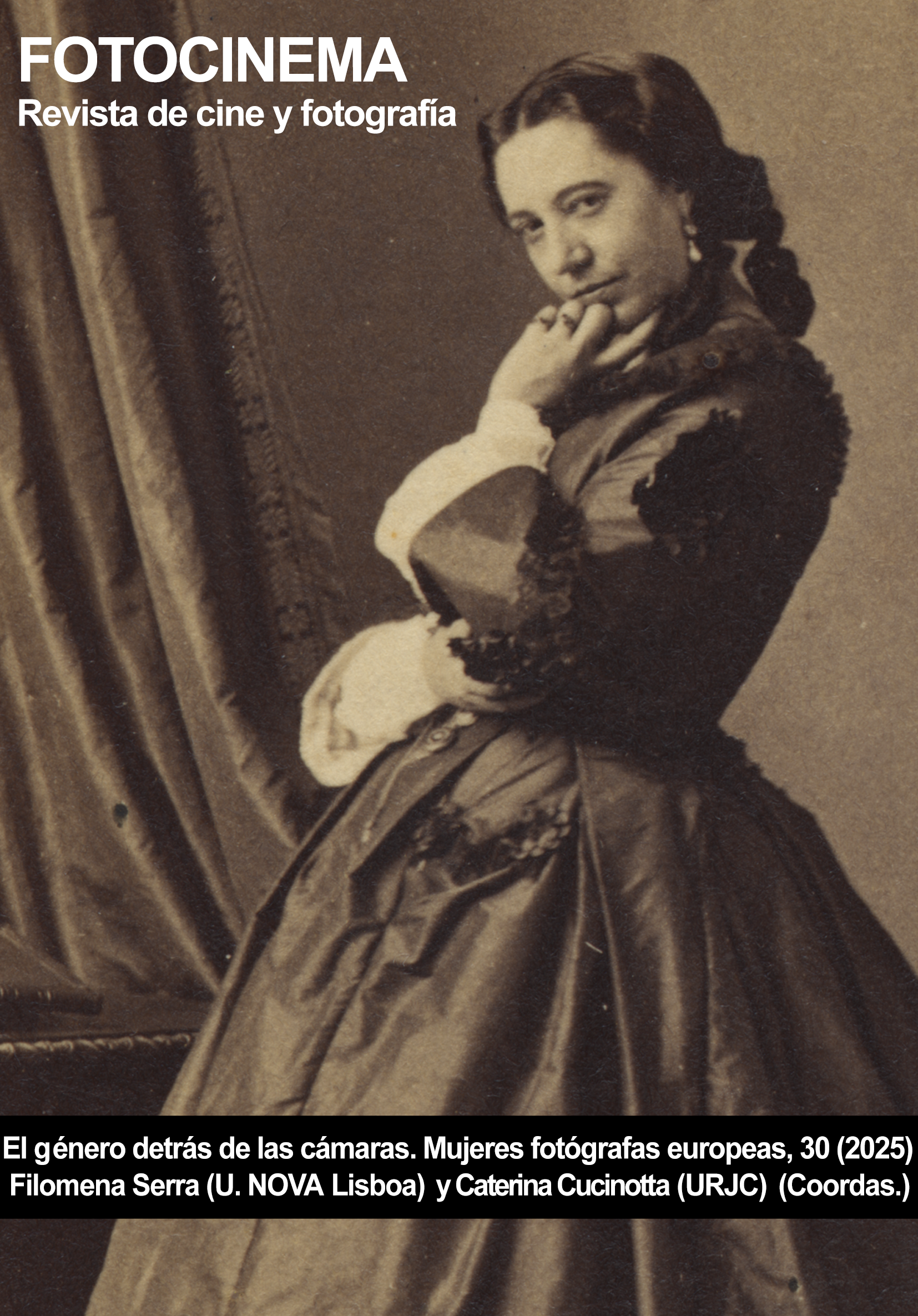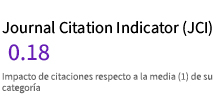The use of photographs in the (re)construction of collective memory
the case of Dundo, colonial memory, documentary by Diana Andringa
DOI:
https://doi.org/10.24310/fotocinema.30.2025.20578Keywords:
Portuguese cinema, Documentaries, Photography, Colonial memory, IdentityAbstract
This article aims to analyse the use of some photographs in the documentary Dundo, colonial memory (2009), by Portuguese documentary filmmaker Diana Andringa, born in Dundo, Angola, in 1947. The film deals with her return to her homeland, accompanied by her daughter, after five decades. Belonging to the local European elite, her father worked as a mining engineer in a diamond company, and later became general director, denoting the race and class privileges that the family held in that colonial context. This figure is recovered in contexts that can both function to reestablish his memory and can also point to colonial issues that are still open, given the participation of former black employees of the company where he was director. The documentary uses photographs that end up corroborating the documentary filmmaker’s point of view and help her reflect on issues related to her identity as well as the colonial memory.
Downloads
Metrics
Publication Facts
Reviewer profiles N/A
Author statements
Indexed in
-
—
- Academic society
- N/A
- Publisher
- Universidad de Málaga
References
Andringa, D. (22 de setembro de 2019). Considero indispensável a luta pela memória. Esquerda.net. https://www.esquerda.net/artigo/considero-indispensavel-luta-sobre-memoria/63445
Andringa, D. (Realizadora). (2009). Dundo, memória colonial [Filme]. LX filmes.
Barthes, R. (1984). A câmara clara: nota sobre a fotografia. Nova Fronteira.
Benjamin, W. (1996). Magia e Técnica, Arte e Política: Ensaios sobre Literatura e História da Cultura. Editora Brasiliense.
Bueno, A. de F. (2020). Tristes trópicos: memórias do colonialismo na obra de Diana Andringa. Scripta, 24(52), 261-285.
Cunha, P. e Campacci, L. (2023). Another story from Africa: decolonizing the archive, photography and cinema. Em S. Camacho, F. Rosário e A.B. Morais (Orgs.). Archives in ‘Lusophone’ film (pp. 91-104). Edições Húmus.
Domingues, M. (9 de setembro de 1919). Colonização. A Batalha.
Guzmán, P. (2017). Filmar o que não se vê: um modo de fazer documentários. Edições Sesc.
Macedo, I., Cabecinhas, R. e Abadia, L. R. (2013). Audiovisual post-colonial narratives: Dealing with the past in Dundo, Colonial Memory. Em R. Cabecinhas e L. R. Abadia (Orgs.). Narratives and social memory: theoretical and methodological approaches (pp. 159-174). CECS Universidade do Minho.
Pollak, M. (1992). Memória e identidade social. Estudos Históricos, 5, 200-212.
Sontag, S. (2004). Sobre Fotografia. Companhia das Letras.
Stock, R. (2018). Dundo, memória colonial: a postcolonial return and the documentary politics of history. Journal of African Cinemas, 10(3), 225-240. https://kops.uni-konstanz.de/handle/123456789/45572
Xavier, I. (2003). Cinema: revelação e engano. Em O olhar e a cena: Melodrama, Hollywood, Cinema Novo, Nelson Rodrigues (pp. 31-57). Cosac & Naify.
Downloads
Published
How to Cite
Issue
Section
License
Copyright (c) 2025 Márcio Aurélio Recchia

This work is licensed under a Creative Commons Attribution-NonCommercial-NoDerivatives 4.0 International License.
All contents published in Fotocinema Revista científica de cine y fotografía are protected under the Creative Commons Attribution-NonCommercial-ShareAlike 4.0 International (CC BY-NC-SA 4.0) license. All about this license is available in the following link: <http://creativecommons.org/licenses/by-nc-sa/4.0>
Users can copy, use, redistribute, share and exhibit publicly as long as:
- The original source and authorship of the material are cited (Journal, Publisher and URL of the work).
- It is not used for comercial purposes.
- The existence of the license and its especifications are mentioned.
There are two sets of authors’ rights: moral and property rights. Moral rights are perpetual prerogatives, unrenounceable, not-transferable, unalienable, imprescriptible and inembargable. According to authors’ rights legislation, Fotocinema. Revista científica de cine y fotografía recognizes and respects authors moral rights, as well as the ownership of property rights, which will be transferred to University of Malaga in open access. The property rights are referred to the benefits that are gained by the use or the dissemination of works. Fotocinema. Revista científica de cine y fotografía is published in an open access form and it is exclusively licenced by any means for doing or authorising distribution, dissemination, reproduction, , adaptation, translation or arrangement of works.
Authors are responsable for obtaining the necessary permission to use copyrighted images.














13.png)



